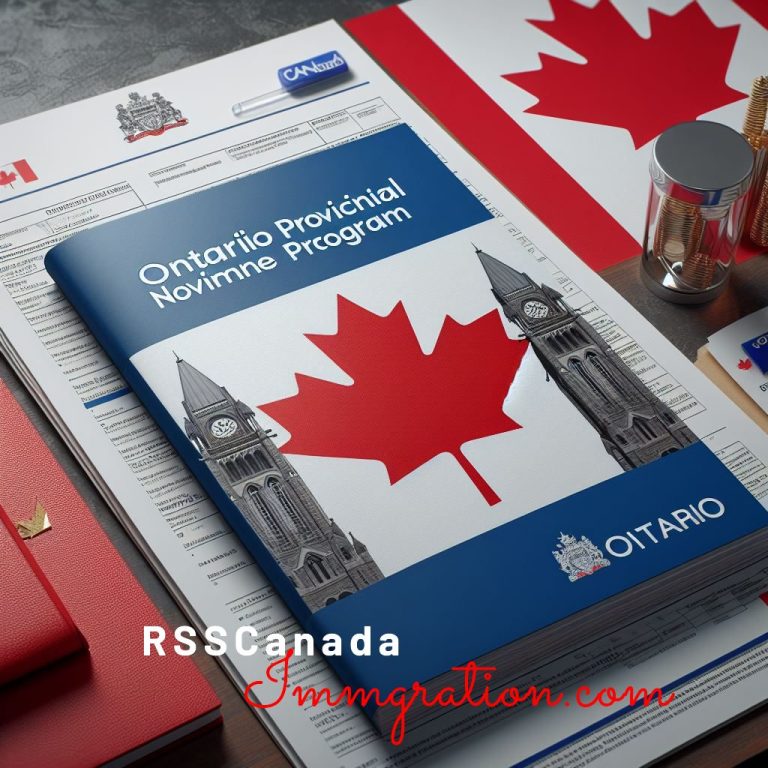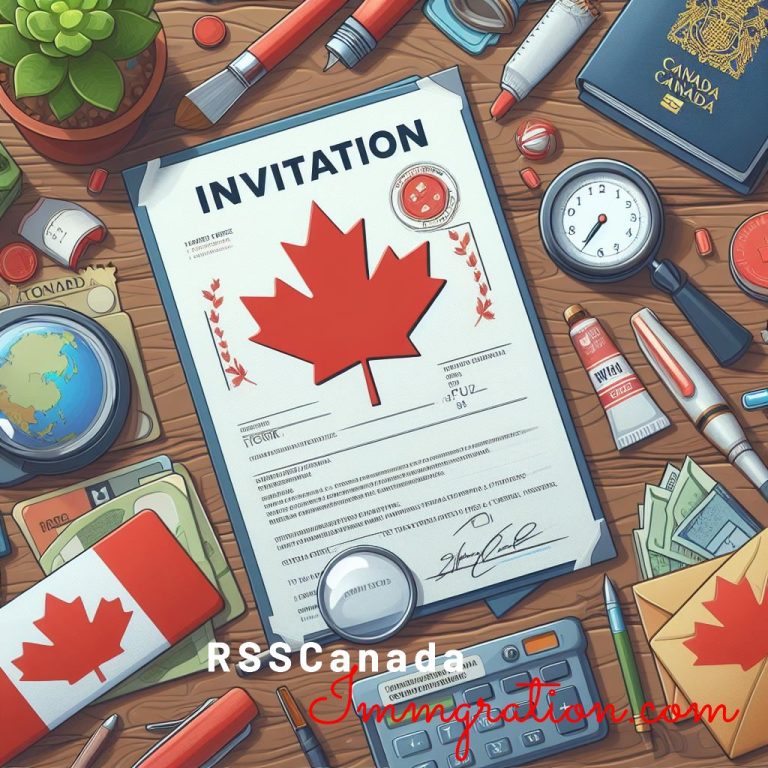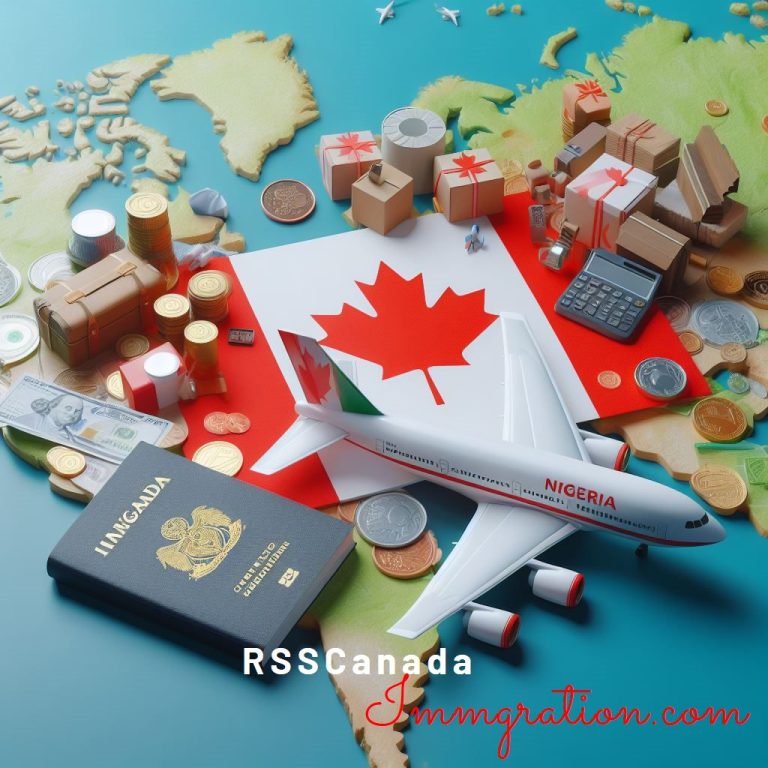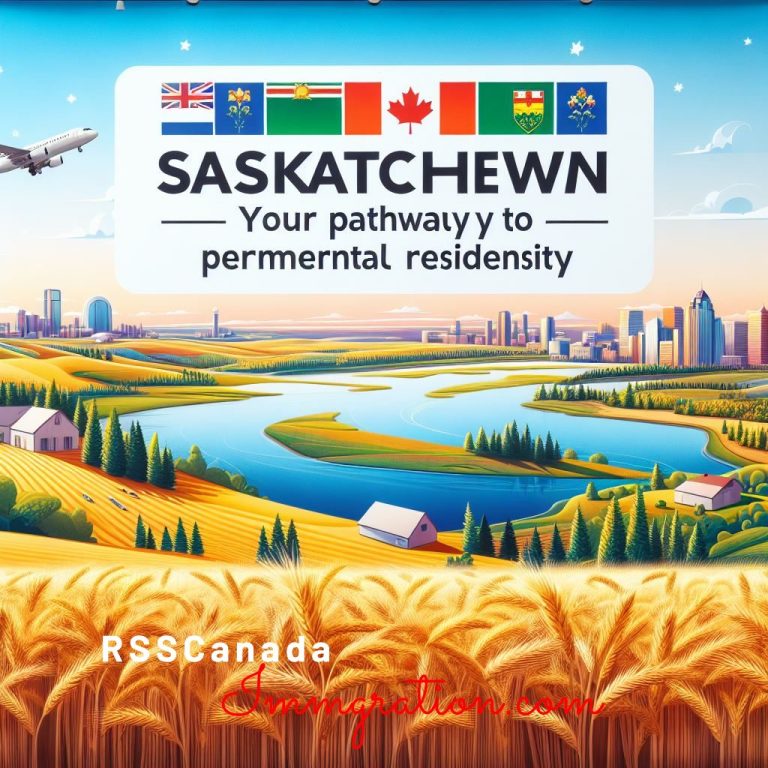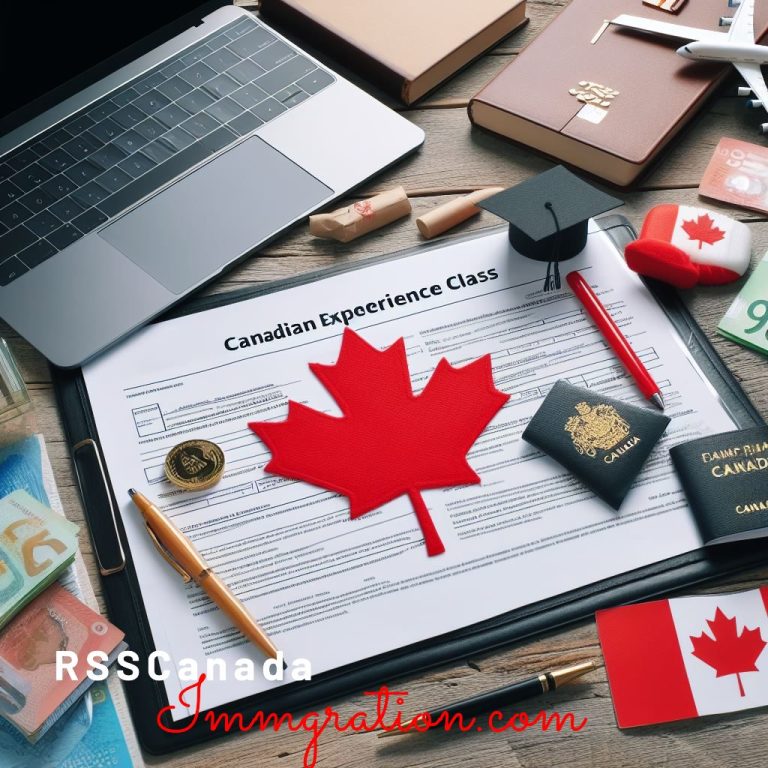How to Obtain Canadian Permanent Residence After Your Studies: A Comprehensive Guide
To increase their chances of obtaining permanent residence (PR), international students can take proactive measures by giving themselves ample time to prepare. Acquiring knowledge on the requirements for PR eligibility allows students to plan accordingly and take the necessary steps towards achieving their Canadian immigration goals. Furthermore, being proactive enables students to enhance their competitiveness in Canada’s PR process.
With over 100 immigration pathways available to economic class candidates, Canada offers numerous opportunities for individuals to achieve PR status. Many of these pathways recognize and reward candidates who have completed their education in Canada. In fact, research conducted by the Canadian government shows that individuals with Canadian education tend to have greater success in the Canadian labor market. As such, Canadian employers highly value the local education and work experience gained by international students in Canada. Additionally, international students possess desirable qualities such as motivation, multilingual skills, and global experience, all of which make them highly competitive in the Canadian labor market.
After completing their studies, it is crucial for international students to obtain work experience in the skilled worker immigration pathway’s National Occupational Classification (NOC) skill level that aligns with their interests. This will not only enhance their employability in Canada, but also increase their chances of meeting the requirements for skilled worker immigration.
To summarize, international students should take the following steps after their studies to pursue Canadian PR: gaining knowledge on eligibility requirements, planning and taking necessary actions, obtaining work experience in the corresponding NOC skill level, and meeting the criteria for skilled worker immigration pathways. By being proactive in their approach, international students can greatly improve their chances of successfully achieving Canadian PR.
Post-Graduation Work Permit in Canada
International students studying in Canada often aspire to obtain a post-graduation work permit as part of their desire to live and work legally in the country. A PGWP (also called a post-graduation work permit) is a type of permit that enables students who have finished their studies at approved Canadian Designated Learning Institutions (DLI) to acquire essential work experience in Canada.. In this section, we will discuss the benefits of a post-graduation work permit, the validity period of the work visa, and the eligibility requirements for obtaining the permit.
Benefits of a Post-graduation Work Permit
A post-graduation work permit offers several benefits to international students:
- Graduates have the opportunity to work legally in Canada, opening doors to various career opportunities.
- Unlike other work permits, a post-graduation work permit does not require a job offer, allowing graduates to apply for any job they desire.
- The work experience gained during this permit can provide a head start in their professional careers and enhance their chances of obtaining permanent residence in Canada through the Canadian Experience Class within the Express Entry program.
- Graduates with a post-graduation work permit can work full-time, part-time, or even be self-employed, giving them flexibility in their employment options.
Validity Period of Post-graduation Work Visa
A post-graduation work visa is valid for a minimum of 8 months and can last for a maximum of 3 years, depending on the length of the applicant’s program of study. Visa officers examine the duration of the applicant’s program to determine the validity period of the work visa.
Eligibility Requirements for a Post-graduation Work Permit
To be eligible for a post-graduation work permit, applicants must meet certain criteria, including:
- Holding a valid temporary status or having left Canada.
- Graduating from an eligible Designated Learning Institution (DLI).
- Completing an academic, vocational, or professional training program at an eligible institution in Canada, lasting at least 8 months, and receiving a degree, diploma, or certificate in the course.
- Maintaining full-time student status in Canada during each academic session of the program, with exceptions for leave from studies and final academic session.
- Providing a transcript or an official letter from an eligible DLI confirming the completion of the study program.
- Meeting additional criteria within 180 days of applying, such as holding a valid study permit, having authorization to study in Canada without a study permit, and not exceeding the usual hours of work.
Applicants should take note that they are only qualified to obtain a single post-graduation work permit during their entire lifetime. Graduates from private career colleges under a curriculum licensing agreement with a public PGWP-eligible institution in another province are not eligible for a work permit, with a transitional period provided only to currently enrolled students.
Immigration Programs for International Students
Apart from the post-graduation work permit, international students in Canada can explore various immigration programs to obtain permanent residence. These programs include:
Express Entry: Canadian Experience Class (CEC)
The CEC program is designed for skilled workers with Canadian work experience who want to become permanent residents in Canada. To apply through the CEC program as an international student, the following criteria must be met:
- There is no education requirement, but Canadian education can earn extra points.
- Proving language ability in English or French through recognized tests.
- Accumulating at least 12 months of Canadian skilled work experience in a TEER 0, 1, 2, or 3 occupation.
- Creating an Express Entry profile.
Express Entry: Federal Skilled Worker (FSW) Program
The FSW program is suitable for skilled workers with foreign work experience who aspire to become permanent residents in Canada. The eligibility criteria for international students applying through the FSW program are:
- No education requirement, but Canadian education can earn extra points.
- Proving language ability in English or French through recognized tests.
- Gathering at least 12 months of continuous work experience in a TEER 0, 1, 2, or 3 occupation.
- Creating an Express Entry profile.
Express Entry: Provincial Nominee Program (PNP)
The PNP program is designed for skilled workers who intend to move to a specific province and want to become permanent residents in Canada. International students can apply through the PNP program by meeting the following criteria:
- Completing studies in Canada.
- Proving language ability in English or French through recognized tests.
- Gathering work experience (requirements vary by province).
- The obtaining of a job may necessitate a job offering (specific criteria may differ depending on the province).
- Creating an Express Entry profile or applying directly to the province.
Quebec
The French-speaking province has its own immigration system that aims to attract skilled francophone workers. This system also rewards individuals who have studied and worked in Quebec, such as through the Quebec Experience Program.
Other Economic Class PR Pathways
In addition to the Quebec program, Canada offers over 100 economic class pathways for permanent residency, some of which specifically cater to international students. For example:
- The Atlantic Immigration Program: For students who studied in Nova Scotia, New Brunswick, Prince Edward Island, or Newfoundland and Labrador
- Immigration pathways for Hong Kong nationals who have completed their studies in Canada
- The Rural and Northern Immigration Pilot: which offers permanent residency to international students living in eligible rural or northern communities in Canada.
NOC Skill level verification
If you are seeking Canadian work experience after your studies, it is important to verify that your occupation falls under the appropriate National Occupational Classification (NOC) skill level for the skilled worker immigration program you are interested in. While most programs require high-skilled experience, there are also options for those with intermediate or lower-skilled work experience.
Family class immigration option
Canadian citizens and permanent residents have the ability to sponsor close family members for permanent residency through the family class immigration option. This means that individuals with a Canadian citizen or PR spouse or common-law partner may be eligible to sponsor them for permanent residency.
Challenges and Misconceptions
While studying in Canada and obtaining a post-graduation work permit can be a pathway to permanent residence, there are challenges and misconceptions that international students need to be aware of. Some students are misled by false promises from education consultants, falsely believing that studying in Canada guarantees permanent residency.
The reality is that the permanent residence application process is highly competitive. Express Entry assigns scores to applicants based on their work experience and other factors, and only the highest-ranked candidates are invited to apply. There are limited spots available for permanent residency, and not all international students can be accommodated.
To address this issue, there is a need for clear communication from the government to foreign students about the competitiveness of the application process. Education consultants should be regulated to prevent the overselling of work permits and misleading information.
Recommendations and Conclusions
In conclusion, international students studying in Canada have the opportunity to pursue permanent residence through various immigration programs. However, it is crucial to understand the eligibility criteria, the competitiveness of the process, and the challenges associated with it.
To address the challenges and misconceptions faced by international students, the government should communicate directly with students about the conditions for working and staying in Canada. This can help counter the misinformation spread by education consultants. It is also important to make international students aware of the eligibility requirements for post-graduation work permits, ensuring that they choose designated learning institutions that allow them to apply for these permits. By providing clear information and regulating education consultants, Canada can ensure fairness and transparency in the immigration process for international students and continue to attract top talent from around the world.
